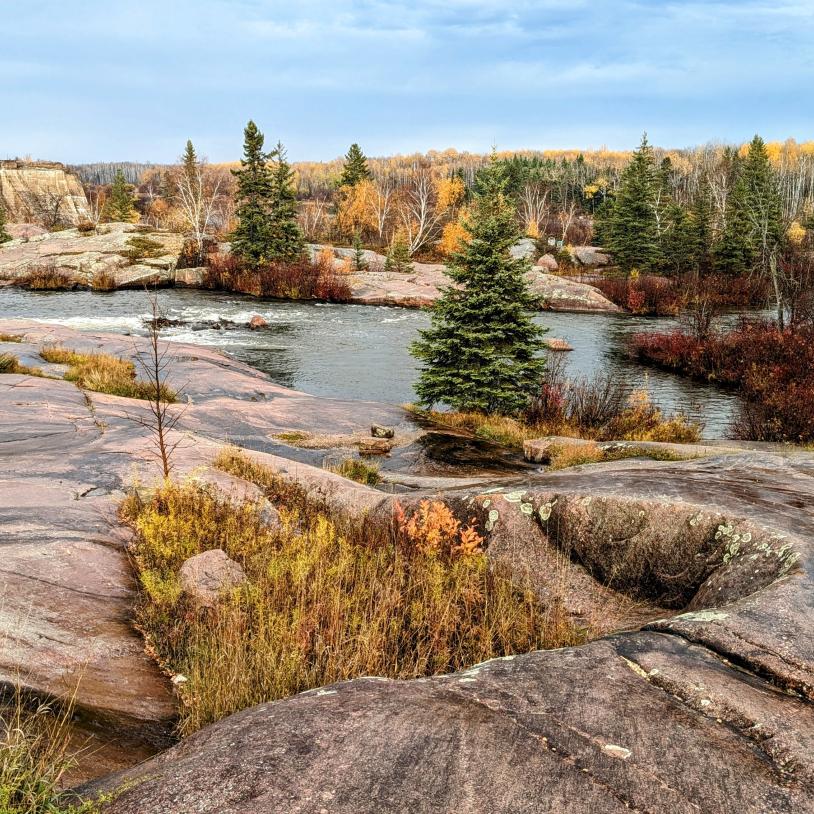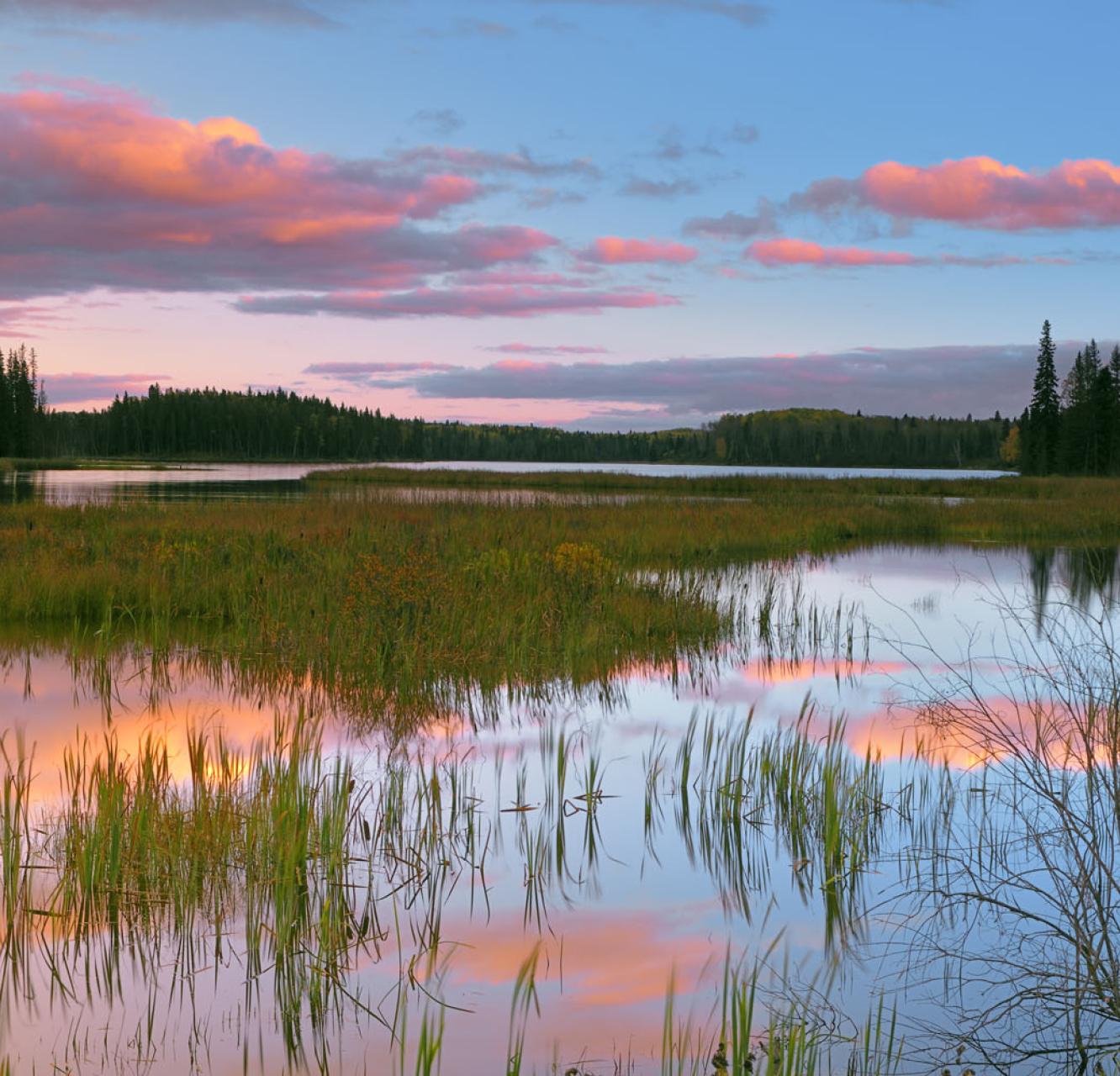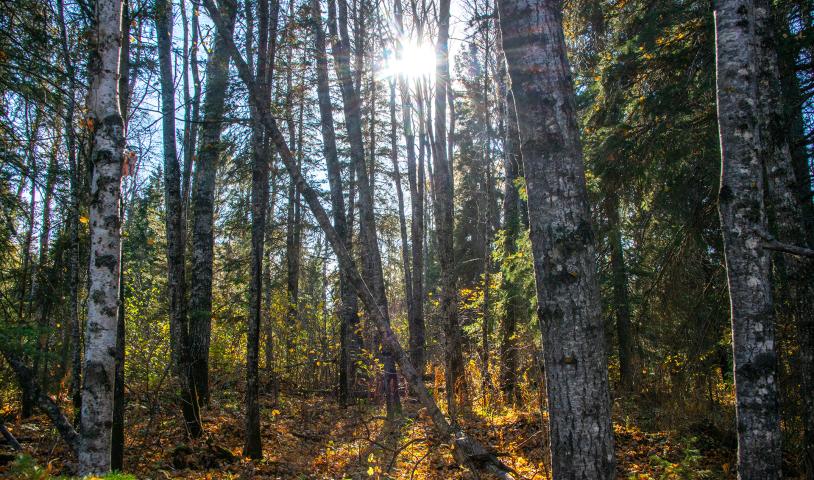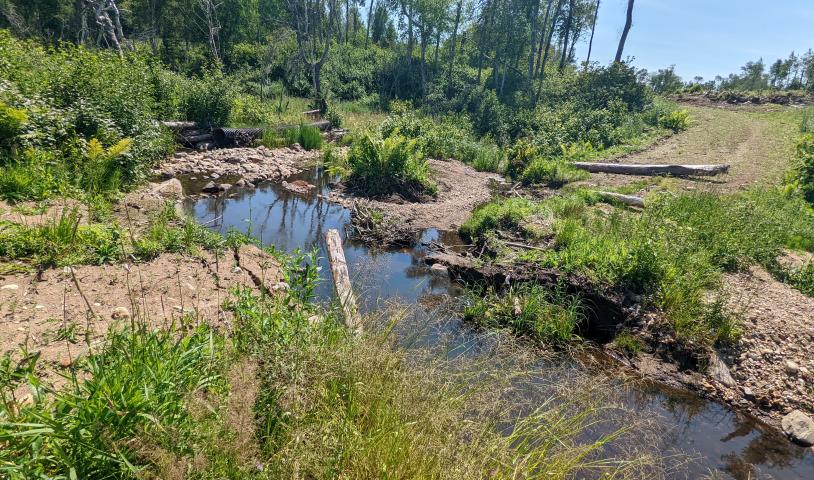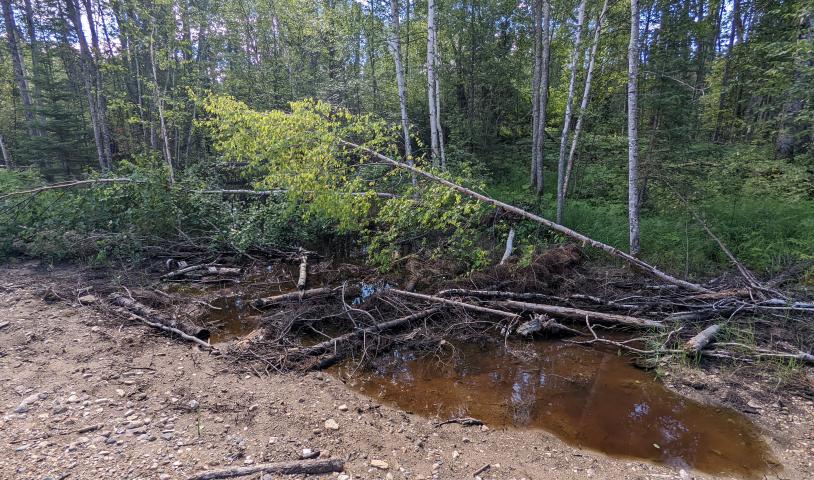Province on the trail to park improvement
Thursday, March 21, 2013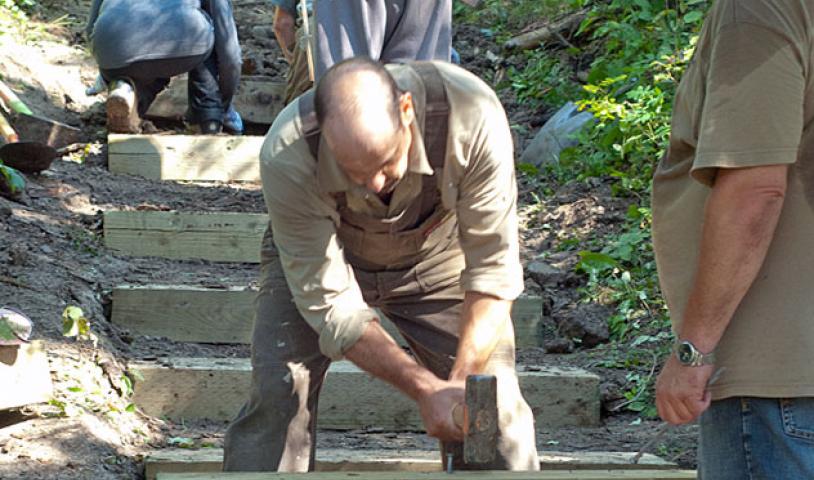
It's too soon to applaud, but the powers that be at Manitoba Conservation and Water Stewardship are making encouraging noises about improving the wilderness experience in provincial parks.
An eight-year parks strategy unveiled last week called for the creation of new trails, the improvement of existing back-country infrastructure and new partnerships with volunteer trail-building organizations and private wilderness-adventure companies.
While it may take years for this to come to fruition, the mere promise of improvements is a welcome change for a parks system that can be charitably described as out of date when it comes to wilderness travel. Ossified may in fact be a better adjective, as much of the existing back-country infrastructure dates back to the early 1970s.
The strategy itself is short on detail, beyond bullet points such as "new biking opportunities," "greater winter focus" and "off-season camping pilot project." But that's because the details will be worked out over the next eight years, said Bruce Bremner, the assistant deputy minister in charge of regional services and parks.
At least one plank in the parks strategy has already started: the improvement of portage trails, the cleanup of campsites and the installation of throne-style pit toilets along the high-use Bird River canoe route in the southeast section of Nopiming Provincial Park.
With the help of Wilderness Committee volunteers, Manitoba Conservation placed stairs over muddy portages on a paddling route Bremner estimates is the "first or second most popular" in any provincial park, along with the Caddy Lake route in the Whiteshell.
Partnerships like this will serve as models for future trail-maintenance and trail-building efforts elsewhere in the province. To that end, Manitoba Conservation is entertaining proposals at buildingtheparksprovince@gov.mb.ca.
The province is also starting to catalogue back-country campsites along popular routes as a preliminary step toward creating a reservation system for some of the busiest back-country sites. Eventually, a website should offer detailed information about available canoe-camping sites in back-country sections of Nopiming, Whiteshell and possibly other parks.
Bremner said this is a halfway step toward creating an actual back-country permit system, such as that employed by busy parks such as Quetico in northwestern Ontario. The potential also exists for permit fees to help finance back-country infrastructure, but that's not on the radar for Manitoba just yet.
What is on the radar is opening up conventional car campgrounds to shoulder-season use in the spring and fall. Bremner said he is also very amenable to the creation of walk-in campsites located a few hundred metres from car campgrounds, which allow families with young kids or novice backpackers to experience a semblance of wilderness camping without assuming all the risk.
"There's certainly a strong user group that wants that middle ground," he said of walk-in sites, which are a facet of some U.S. state parks.
The province is also accepting private-sector proposals for paddling, cycling, rock-climbing or other outdoor adventure businesses within parks -- or corporate sponsors interested in expanding trail networks or maintaining existing ones.
There are purists who may resent any form of corporate presence inside provincial parks. But the reality is, the provincial parks budget is not exactly overflowing with cash. The majority of the $100-million set aside for park improvements over the next eight years will go toward repairing roads, sewer systems and flood-damaged areas of Spruce Woods and St. Ambroise provincial parks. Back-country improvements will get the dregs of the budget, notwithstanding the excellent return on any investment into ecotourism.
In other words, the door is open for volunteer groups capable of marshalling a little muscle to help develop and maintain trails. The door is equally open to private-sector entities who want to commit sponsorship cash or actually operate inside the parks.
While Ottawa refuses to backtrack on its short-sighted decision to cut back on Parks Canada, Broadway is at least trying to find a way to improve provincial parks. Whether that comes to fruition is still in question. But for now, Manitoba Conservation gets the benefit of the doubt.
Photo: Wilderness Committee volunteer trail-building crews working in Nopiming Provincial Park.
